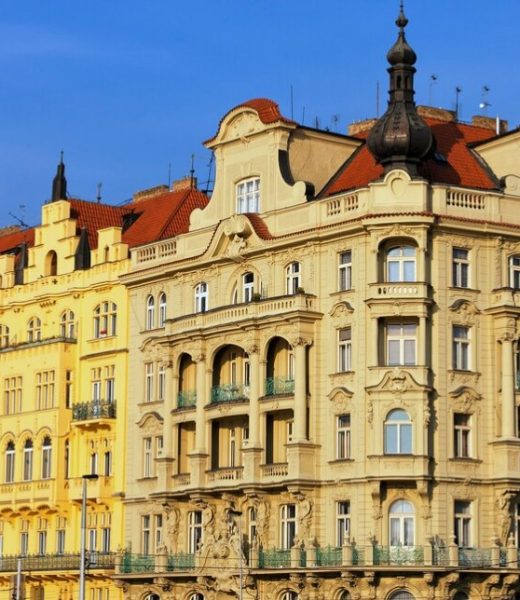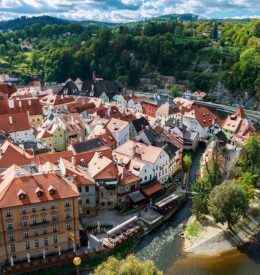

Romania Work Permit Visa Consultant Kuwait
Types of Work Permits for Romania
General Work Permit
- For foreign nationals employed by a Romanian company.
- Common for regular employment roles.
Seasonal Work Permit
- For temporary jobs tied to seasons (e.g., agriculture, tourism).
Trainee Work Permit
- For individuals working temporarily to gain experience in Romania.
Highly Skilled Worker Permit
- For individuals with high qualifications and a job offer meeting a salary threshold.
ICT (Intra-Company Transfer) Work Permit
- For employees transferred within the same company to a Romanian branch.
Single Permit (Combined Residence and Work Permit)
- Combines the right to live and work in one application.
Cross-border Work Permit
- For workers living near the Romania border and working across the border.
Work Permit Visa Process to Start from Kuwait
Step 1: Employer’s Application for a Work Permit
The Romanian employer initiates the process by applying for a work permit on behalf of the employee. The employer must:
- Prove no suitable local/EU candidates are available.
- Submit necessary documents such as:
- Proof of registration of the company.
- Detailed job description and employment terms.
- Evidence of recruitment attempts.

Step 2: Work Permit Approval
Romanian immigration authorities review the application. Processing typically takes 1–2 months, depending on the job type and documentation quality.
Step 3: National Visa Application (Type D Visa)
After work permit approval, the worker must apply for a long-stay visa (D/AM) at the Romanian Embassy in Kuwait. Required documents include:
- Valid passport.
- Work permit copy.
- Employment contract.
- Proof of accommodation.
- Financial means proof.
- Medical insurance.
Step 4: Arrival in Romania
Upon visa issuance, the worker can travel to Romania. Upon arrival, they must apply for a residence permit within 90 days.

Step 5: Residence Permit Application
Step 5: Residence Permit Application (If Applicable)

Key Requirements for Work Permits
Duration of Work Permits and Extensions
- EU Blue Card: Valid for up to 2–4 years, with the possibility of extension. After 18 months, the holder can move to another EU member state under the Blue Card program.
- Seasonal Work Permits: Valid for up to 6 months per year, typically renewed annually.
Special Considerations
- EU Blue Card: This program targets highly skilled professionals, particularly in fields such as IT, engineering, and healthcare. To be eligible, applicants need to meet specific salary and qualification requirements. The EU Blue Card offers additional rights, such as easier mobility within the EU.
- Intra-Corporate Transfer (ICT) Permit: This is for employees transferred by multinational companies. The ICT permit is a fast-track option for managerial and technical roles.
- Seasonal Employment: Citizens of certain countries (such as Ukraine, Moldova, and Belarus) can apply for seasonal work permits with fewer formalities, particularly in agriculture or tourism.

Important Citations and Legal Sources
Czech Ministry of the Interior
- [Czech Ministry of the Interior](https://www.mvcr.cz/mvcren/)
Czech Ministry of Labor and Social Affairs (MPSV)
- [Czech Ministry of Labor and Social Affairs](https://www.mpsv.cz/en)
EU Blue Card Directive
- [EU Blue Card](https://ec.europa.eu/immigration/blue-card_en)
Conclusion
The process of obtaining a work permit for the Czech Republic as a non-EU national involves multiple steps, including employer approval, visa application, and residence registration. With options like the Employee Card, EU Blue Card, and seasonal work permits, there are different pathways for employment based on the nature of the work and the qualifications of the worker. Understanding the application process and meeting the required criteria is essential for a successful work permit application.
For up-to-date and detailed information, always consult the Czech Ministry of the Interior, the Ministry of Labor and Social Affairs, or the Czech Embassy.
